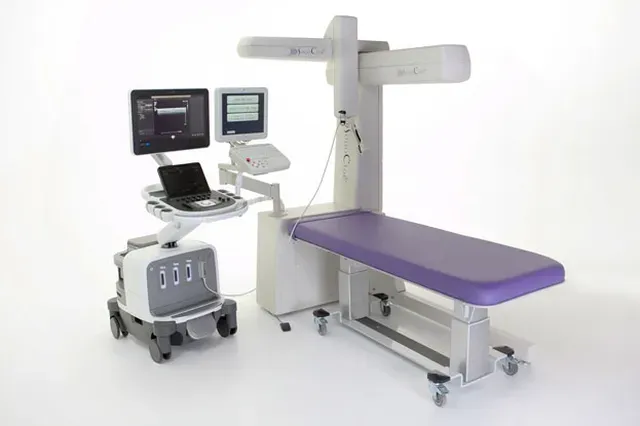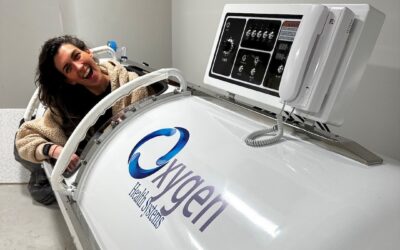It’s estimated that 1 in every 8 women will be diagnosed with breast cancer in their lifetime. Breast cancer is the second leading cause of cancer death in women worldwide, giving us good reason every October to raise awareness for the impact of this complex disease during Breast Cancer Awareness Month.
One significant goal of this annual campaign is to promote regular screening and early detection of breast cancer-two things that can be lifesaving for many. Breast cancer may be the most common invasive cancer in women, but modern advancements in screening and treatment options have improved survival rates considerably over the last 30 years.
Early detection is key. When breast cancer is detected in its early stages, there are more treatment options and the rate of survival is much greater. This is why education on breast health and screening is so crucial.
In addition to regular breast exams with your primary care physician or gynecologist, it’s important to perform a self-exam on your breasts every month. Becoming familiar with your breasts and monthly self-exams can make it easier to detect abnormalities early on.
Signs and Symptoms of Breast Cancer
- Breast lump or changes in breast tissue
- Swollen lymph nodes under the arm or near the collarbone
- Irritated or itchy breasts
- Breast or nipple pain
- Nipple retraction
- Redness, scaling, or thickening of the nipple or breast
- Nipple discharge
- Change in breast color
It’s important to note that not all breast cancers will cause physical symptoms until advanced stages which is why a regular mammogram screening is so vital. A mammogram is a low-dose x-ray image of your breasts and can detect breast disease even in the early stages. The current recommendations for regular screening are dependent on a woman’s age and health history.
According to the American Cancer Society, women of average risk for breast cancer age 40-44 years have the option to start screening with a mammogram every year. Women 45 to 54 should get a mammogram every year and women age 55 and older can switch to a mammogram every other year, or they can choose to continue yearly mammograms.
This recommendation is for those women at average risk, and includes women with low breast density with no personal or family history of breast cancer. Breast cancer is more easily detected in women with low-density breast tissue, because breast tissue will appear more dark and transparent, making areas of concern, which appear white, more easily identified.
However, women with higher breast density are often advised to do further testing to rule out breast cancer because the increased breast density have a slightly higher risk of developing breast cancer. Dense breast tissue can also make it harder to see cancers on a mammogram – fibrous and glandular tissue appear white on a mammogram, which can hide many types of suspicious findings that also appear white. This makes traditional breast cancer screening for women with dense breast tissue more difficult with mammography alone, increasing the risk of cancer going undetected.
New Technology at OWM – a Buffalo First
Innovative technology is closing the gap. OWM Integrative Wellness has introduced SonoCiné, a cutting-edge breast cancer detection exam, an Automated Whole Breast Ultrasound that is able to detect the undetectable earliest stages of breast cancer, even in women with dense breast tissue. This exam is not meant to replace a traditional mammogram but is used in addition to mammography to increase the likelihood of early breast cancer detection. SonoCiné uses an advanced robotic process to scan breast tissue with accuracy and precision – eliminating potential human error.
During the 30-minute exam, a special camisole is worn and the patient lays back comfortably as the special device scans all breast tissue – including the axilla and under-breast region which are hard to access during a mammogram. Data from the transducer device is then relayed to a computer and translated into images easily shared with the patient’s medical practitioners.
In clinical trials, SonoCiné was able to detect more cancers than mammography and was more accurate in detecting smaller cancers than traditional mammography screening alone. Adding SonoCiné to yearly mammogram screening can improve cancer detection and potentially save lives.
A prescription is not required to book a SonoCiné breast screening exam. To schedule an appointment or to learn more about OWM Integrative Wellness and other services available at the concierge medical practice, please call (716) 626-6301.




